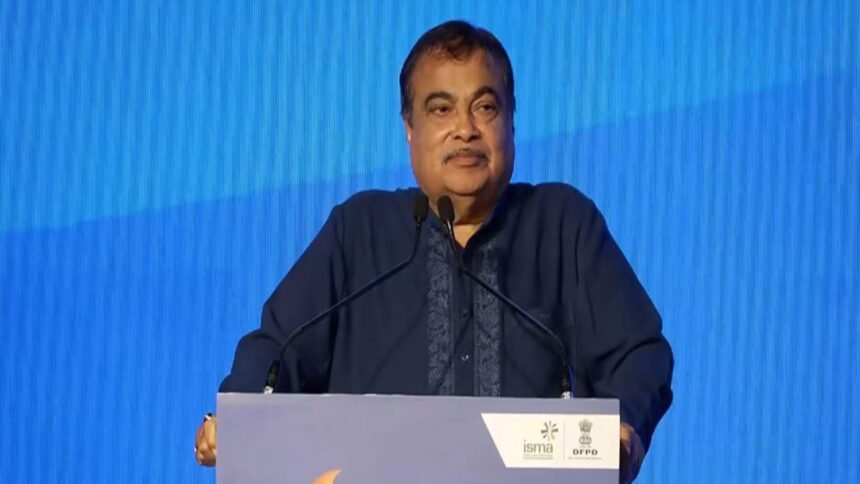In a recent announcement at the India Sugar & Bio-Energy Conference, Union Minister Nitin Gadkari acknowledged that earlier attempts to blend 10% ethanol with diesel did not yield satisfactory results. As a result, the government is now exploring isobutanol a biofuel derivative for diesel blending. The new trials are being conducted to evaluate whether this switch can overcome the limitations encountered with ethanol.
Gadkari emphasized India’s continuing push for cleaner energy sources. He pointed out that while the E20 program (20% ethanol blended with petrol) has been a success, blending ethanol with diesel has posed technical challenges. These include issues of performance, compatibility, and possibly engine wear when used in diesel engines.
The proposed plan is for a 10% isobutanol blend with diesel. Automotive Research Association of India (ARAI) is spearheading the testing process to ensure safety, efficiency and minimal environmental harm. Results from these tests will help determine whether isobutanol can be adopted at scale in India’s biofuel policy.
Biofuel expansion is seen not only as a step towards reducing India’s heavy dependence on imported fossil fuels, but also as a boon for agricultural sectors. Increased ethanol and bio-fuel production could provide additional incomes to sugarcane, corn and grain farmers. Moreover the sugar industry which has often struggled with delayed payments to growers, might experience more stability with heightened demand for biofuel feedstocks.
Still, challenges remain. Older diesel engines and infrastructure will need evaluation for compatibility with isobutanol. Cost supply chains for isobutanol and regulatory standards must be set clearly to avoid unintended consequences. Minister Gadkari has already faced criticism on social media regarding ethanol blending which he described as rooted in paid campaigns rather than scientific findings. Public acceptance and engineering robustness will be key.
As India moves forward with these trials all eyes will be on how quickly the country can formalize isobutanol-diesel blending and integrate it into its biofuel roadmap. The outcome might reshape energy policy and offer new opportunities for farmers, industries, and environmental sustainability.















